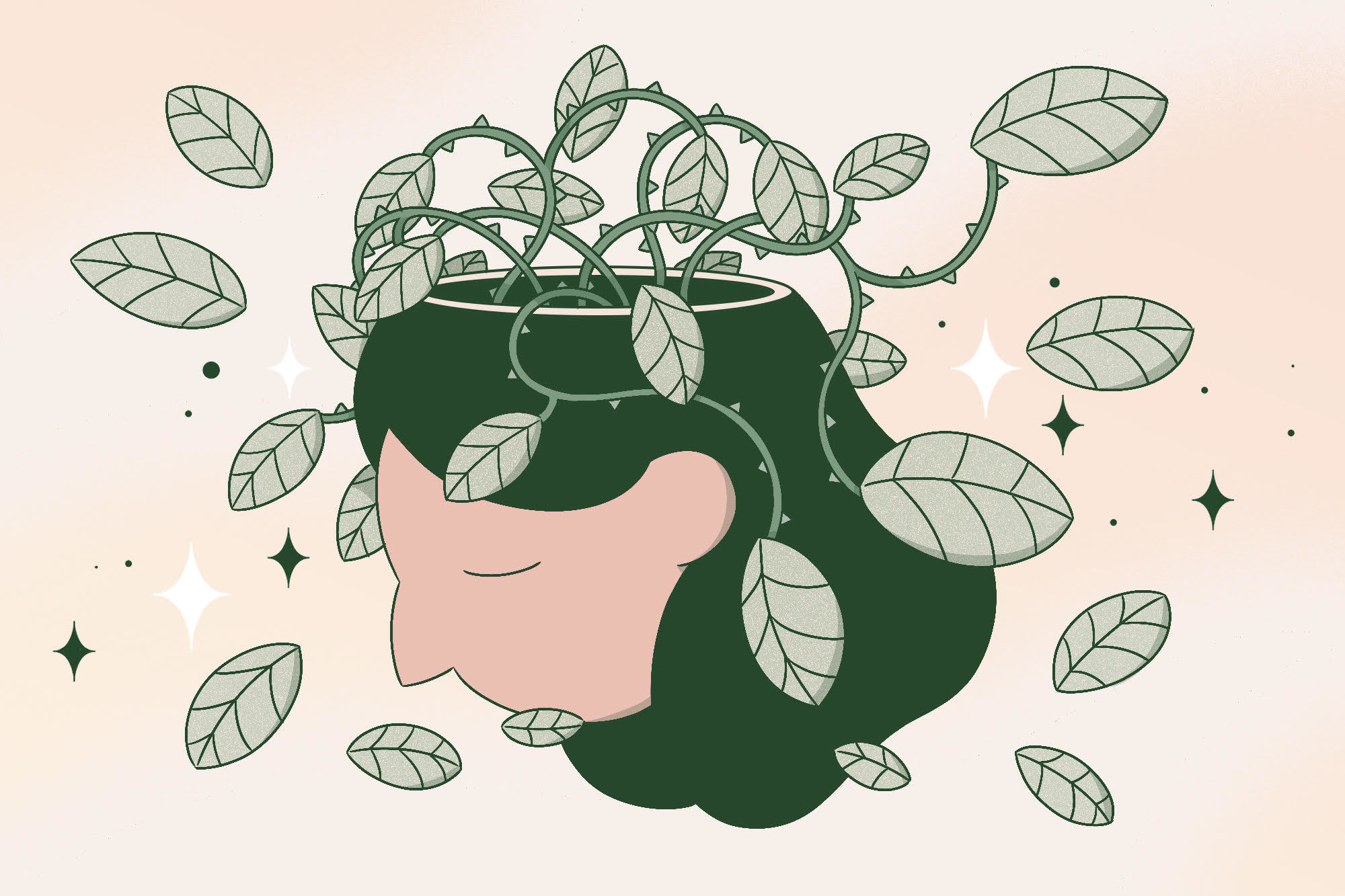


Ever find yourself in a space where you can’t seem to drop arguments/incidents that ended real bad? Or a high stake pitch that went awfully wrong? And it’s just running havoc inside your head, 24x7?
This brain hijack results from incessant ‘rumination’. It is when you re-run the course of painful events in your mind over and over, and its toxicity is so gripping, it poisons your cognition, attention and memory.
Stress is common. Over thinking? Yes, that’s common too. But excessively re-running events in your mind, that’s just baggage we can all do without.
When you ruminate, it swings you back and forth between two places.
One - Where you beat yourself up for all the things you did do or didn’t do.
Two - You keep re-running the incident with different endings. In the anonymity of your mind, you add more hurtful and damaging retorts you thought you were short-changed of in the original argument. And these imaginary new endings ‘feel’ so much better, as you are now in the winning position. This made-up victory allows you to feel anger, disdain, and superiority over your opponent's ignorance and insensitivity. This temporary trade-off is why rumination is so gripping.
But here’s the truth. Excessive rumination leaves you even more aggressive, more pained and more fatigued, than what got you into this mess. Rumination actually causes way more damage than its originating source of concern. In fact, chewing on problems just makes them harder to swallow.
There is more than 35 years of research that points to one clear difference in our ability to be resilient during hardships: our tendency to ruminate. Yale University psychologist Susan Nolen-Hoeksema, PhD and Christopher Davis, PhD found that ruminators develop major depression four times as often as non-ruminators: 20 percent versus 5 percent. What's more, rumination can impair thinking and problem-solving, and drive away critical social support.
And so, it is wise to nip these self-sabotaging re-runs in the bud. I’m going to show you how. You can steer clear of rumination, simply by rewiring you focus.
Here is how:
Step 1: Spotlight the fact that you’ve slipped into rumination.
Know that the imagined new ending is only a victory in your head, and that this is no victory at all. Remind yourself that this process has no use other than pulling you deeper into its world of drama and despair. Your brain is literally hijacked by the ‘problem’.
Step 2: Distract yourself.
Create a list of SOS tasks you can turn to, each time you catch yourself ruminating. Directly immerse yourself into these pre-decided activities. Deciding from before allows you to dive in immediately, minus the hassle of more decisions at a time when you are feeling vulnerable and cognitively challenged. Practice this for a few days, weeks until you pull yourself out of the habit to ruminate when you have time to spare.
Here’s a great listicle on evidence-based cognitive enhancement exercises that you can refer to, and borrow from, in order to emerge from the mental slump :
https://www.medicalnewstoday.com/articles/brain-exercises
Step 3: Develop additional sources of self esteem.
This is so important emotionally. Yes, you were relying on your co- founder / client / community etc for validation, and it bombed bad. It’s time to nurture and re-build an eco-system that will work for you.
According to Paul Gilbert, a professor of Clinical Psychology, UK - Self-esteem, self-criticism and self-compassion is associated with three interacting emotional systems in the brain, each with their own evolutionary purpose and mediating neurotransmitters. The ‘drive system’ likely linked to self-esteem, is thought to rely heavily on dopamine; and compels us to pursue resources, mates, skills, status and so on.
Self-esteem does good things for your brain. This is perhaps the simplest and fastest way to reduce rumination. It allows the frontal cortex to function optimally and mutes the fight or flight response. Spend time with people who make you feel good about yourself. Say nice things to yourself. Create a special time for yourself, and do the things that matter to you. Sign up with a coach, surround yourself with people and places that celebrate you. Being an entrepreneur already reduces presence of ‘boss/global teams/accountability channels’. Extend your professional circle. Let new people in. Do not restrict yourself to limited levels of interaction – open yourself up to new partnerships, new alliances and new experiences. Network with people you share similar values with.
Lastly and most importantly, know that you will have to give ‘it’ time. Let ‘it’ be for a while. Understand your emotional triggers, and give yourself some space until you find the strength to address your experiences productively.
Distancing yourself from the source of anxiety is important, and is not the same as running away from your problems. Distance lends perspective. It disconnects you from the negative feed. It is then that you can self-create moments of happiness and pleasure. Go out, breathe new air.
Escaping from rumination comes down to a powerful combination of preparation + concrete actions and plans. Actions and preparation will build resilience into your muscles through skill up-gradation, new interests, community interactions, contribution etc.
Want to know the surest sign that will show you that you are on your way to recovery? It is when you can engage in productive reflection. It is when you find meaning in your mess, in a peaceful and detached manner.
This is when you are able to own lessons minus the emotions. It is in this moment that you will enter a space of new knowledge and wisdom. And experience peace and closure, towards that unique situation.